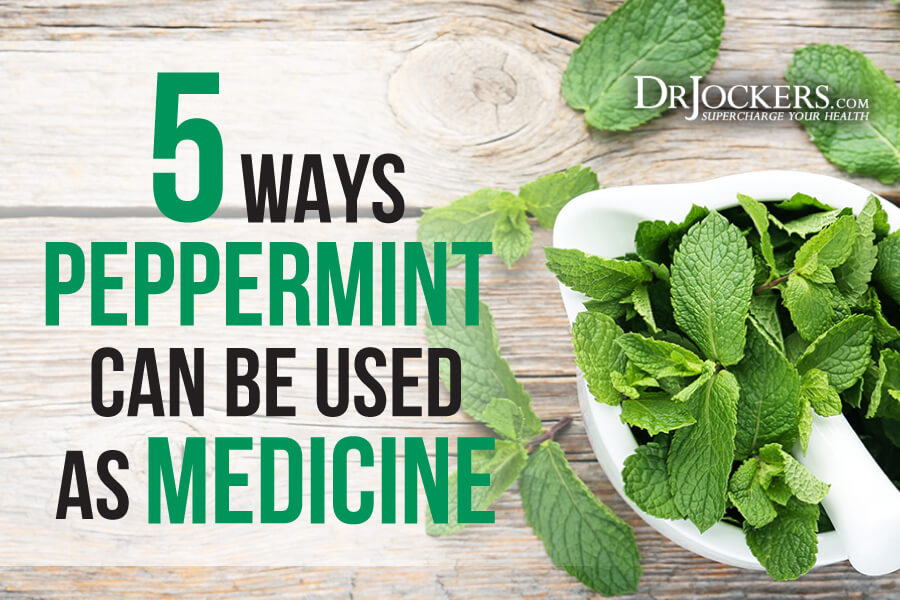
Ways Peppermint Can Be Used as Medicine
Peppermint is a superfood herb that has been used in many different regions of the world. This article goes over 5 ways peppermint can be used as medicine.
Superfoods are foods and herbs that have a unique concentration of nutrients that synergize together to boost potential. These foods and herbs are typically loaded with a combination of critical fatty acids, antioxidant phytonutrients and essential amino acids.
Peppermint is a natural hybrid cross between mint and spearmint and thrives in Europe and North America. The plant and oil are commonly used in fragrances, soaps, cosmetics, foods and drinks. Peppermint has been shown to improve digestion and stimulate higher level brain function.
Peppermint’s Medicinal History:
Mint has been used for thousands of years for its culinary, medicinal and aromatic components. It is commonly spoken about in Greek folklore as a smell that was delightful to the senses. Around the world, mint has been used as a strewing herb to clean and purify the air. Most people describe the taste of peppermint as a cross between chlorophyll and pepper.
Peppermint contains many vital nutrients such as magnesium, calcium, folate, potassium, copper, vitamin A and C. The greatest benefits come from the menthol, menthone and menthyl esters. These oils have very powerful healing and soothing effects within the body and when applied on the skin (1). As you will see in this article, there are a number of ways peppermint can be used as medicine.
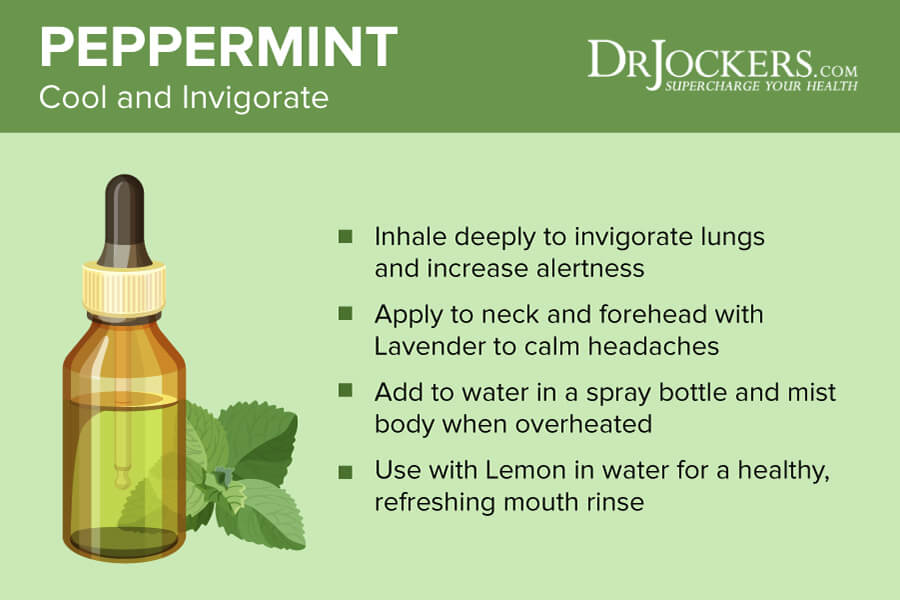
Acts As a Digestive Aid:
Peppermint is a carminative herb that stimulates the digestive system to work better. Carminatives contain volatile oils that are effective at expelling gas and easing griping pains from the stomach and intestines. They help to tone the mucous surfaces and increase peristaltic activity to move food and wastes through the system gently.
The menthol component of mint acts as a natural muscle relaxer and has been shown to relax the smooth muscle of the gut wall. This helps relieve symptoms of irritable bowel syndrome, indigestion and acid reflux (2, 3, 4).

Anti-Tumor Properties:
Peppermint also contains a unique phytonutrient called monoterpene in the form of perillyl alcohol. This phytonutrient protects the plant from oxidative stress from extreme UV light exposure and radiation from the sun.
Several animal studies have indicated that monoterpenes inhibit the growth of mammary, pancreatic and liver tumors. It also protects against cancer growth in the colon, skin and lungs (5, 6).
Anti-Microbial:
Other studies have indicated that peppermint essential oil acts as a potent anti-microbial. It stops the growth of H pylori bacteria which is the pathogen related to stomach ulcers. It also is effective against E Coli infections which are the most common form of Urinary Tract Infection and are also associated with many cases of food poisoning (7, 8).
Mint has been shown to inhibit the spread of anti-biotic resistant Staphylococcous aureus (MRSA) which have become a growing epidemic. Additionally, it is also a powerful defense against Candida and other pathogenic yeasts (9, 10).
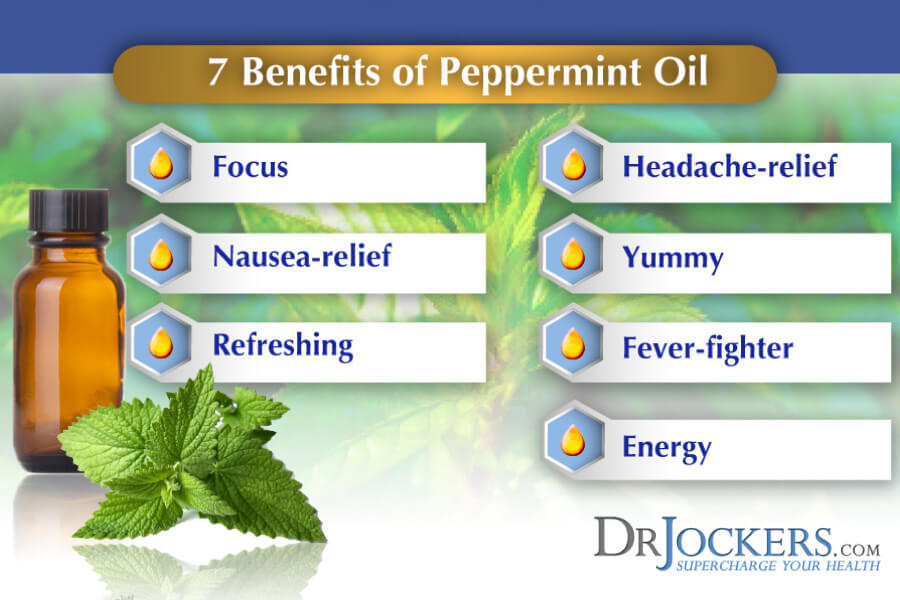
Improves Respiration:
Peppermint contains rosmarinic acid which has been shown to block the production of pro-inflammatory chemicals called leukotrienes. Rosmarinic acids also encourages cells to produce key molecules that keep the airways open for easy breathing (11).
This is especially useful for individuals prone to asthmatic attacks and high anxiety. It is also great for relieving nasal congestion and clearing the sinuses.
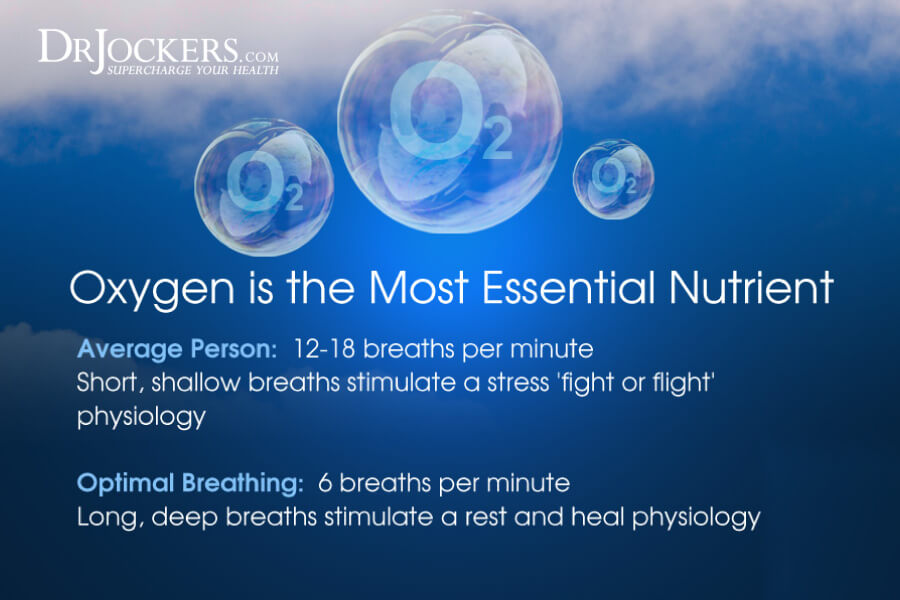
Peppermint Improves Brain Function:
The methanol component of mint has also been shown to improve circulation throughout the body. This is especially true in the brain where peppermint oil helps to enhance cognitive processing and stimulate creative thought (12). Increased circulation in the brain leads to new creative energies and elevated mental stamina and improved memory formation.
The most common health ailments that studies have indicated that peppermint is an especially good remedy for include:
- Irritable bowel syndrome
- Indigestion
- Heartburn
- Nausea
- Vomiting
- Morning sickness
- Cramps of the upper gastrointestinal tract and bile ducts
- Diarrhea
- Bacterial overgrowth of the small intestine
- Gas
The easiest ways to get access to peppermint are through a therapeutic grade essential oil that you can diffuse in your home to breath in and put in your water or food. You can also do peppermint tea or teas that contain an assortment of herbs with it. I would also recommend trying this amazing sugar-free peppermint patties recipe!
Inflammation Crushing Ebundle
The Inflammation Crushing Ebundle is designed to help you improve your brain, liver, immune system and discover the healing strategies, foods and recipes to burn fat, reduce inflammation and thrive in life!
As a doctor of natural medicine, I have spent the past 20 years studying the best healing strategies and worked with hundreds of coaching clients, helping them overcome chronic health conditions and optimize their overall health.
In our Inflammation Crushing Ebundle, I have put together my very best strategies to reduce inflammation and optimize your healing potential. Take a look at what you will get inside these valuable guides below!
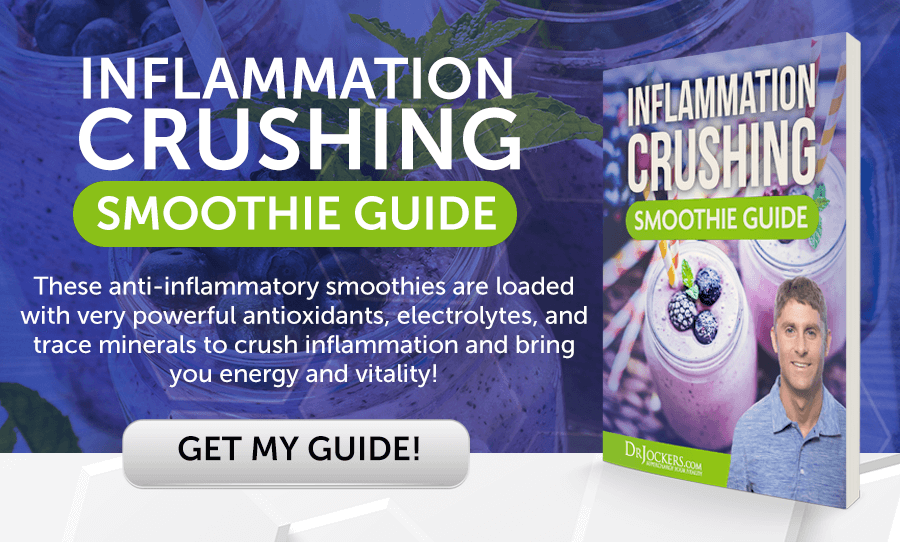
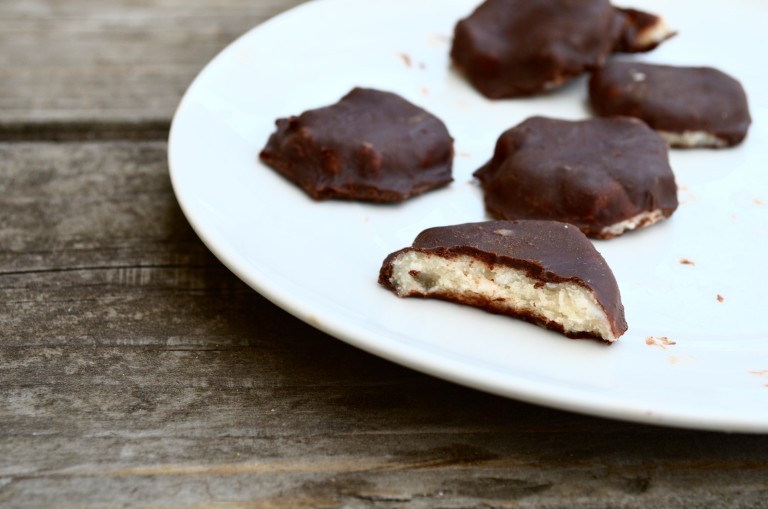




Good article, very helpful. Am wondering about the benefits of Spearmint leaves and would appreciate a similar article.
Thank you.
What is your source of essential oils?
My wife and I like DoTerra essential oils!